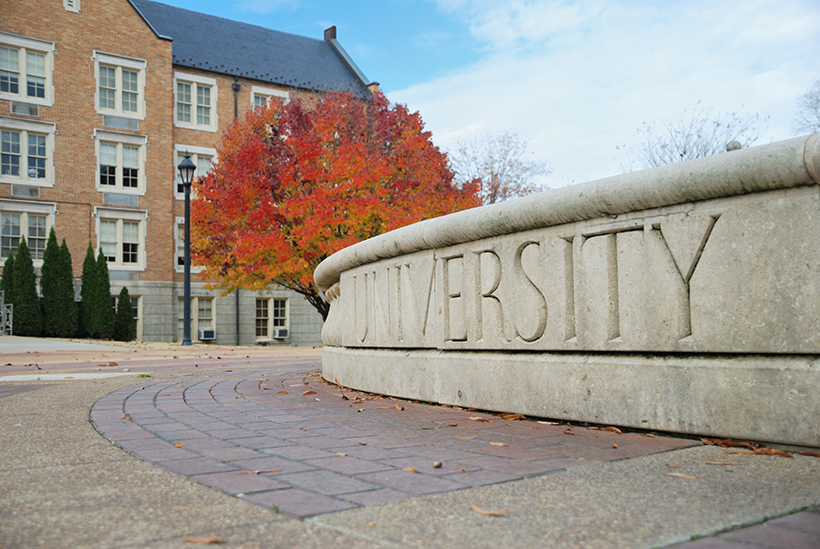This post was written by NCTE member Sarah E.S. Carter.
When will we start to re(consider) the research approaches we are teaching in first-year composition (FYC) curriculums?
It has been two years since I last wrote about the importance of integrating primary research in first-year composition curriculums, and not much has changed. In fact, one of the universities mentioned in my 2018 blog post no longer mandates that first-year composition students conduct primary research, so it seems we may actually be losing ground.
After recently reaching out to 25 random R1 universities across the country, I found only twenty percent—5 of the 25 first-year writing programs contacted—mandate primary research in their first-year composition curriculums.
This is an incredibly low number, and not at all what I was expecting to find. Why do we mandate first-year students utilize secondary research for almost everything, but we do not teach them to conduct their own research? There seems to be plenty of evidence that points toward the benefits of integrating primary research into first-year curriculums, as teacher-scholars such as Douglass Downs, Elizabeth Wardle, Lynee Gaillet, Michelle Eble, Wendy Hayden and Wendy Bishop, among many others, have found, but as Joyce Kinkead stated in 2011, a large majority of undergraduate research, specifically the integration of primary research in first-year composition, “has been slow to gain ground in composition studies” and it appears this still rings true nine years later in 2020.
It seems that first-year composition at most universities is still a general writing skills instruction course, with some secondary research sprinkled in, and a lot of emphasis on information literacy. While the majority of first-year instructors strive to teach students to “use their own language with purity and propriety,” without the integration of primary research, it is much more difficult.
The language of academia is not something most students entering higher institutions of learning are comfortable with or even knowledgeable of; limiting FYC courses to only expecting students to understand and engage in “information literacy can too easily focus on skill sets and protocols rather than strategies for engaging with reading and writing and thinking.” Being exposed to primary research early as an undergraduate and in FYC curriculum could help students situate themselves among a larger community of scholars and help them “learn the language” and tailor their own to meet the needs of academic writing and scholarship as they continue their undergraduate degrees.
It is important to acknowledge “all students need access to ‘the language of power’”—and as Stanley Wilder asserts—“we need to make a conscious effort to characterize students as more than ‘information seekers’”; they are “‘apprentices engaged in a continuous cycle of reading and writing’” who need direction early in their academic experiences.
The two most common denominators that undermine the ability for instructors to teach first-year composition—textbooks, and instructional knowledge of methods and methodologies of primary research—are an ongoing issue, as I pointed out in my 2018 post, but there is a third denominator I failed to discuss, and that is the lack of consistency between first-year writing programs across the country.
Depending on where a student chooses to attend school, that student will have a different first-year writing experience, just as where an Instructor chooses to teach, there will be different requirements mandated in the program’s curriculum. An instructor could be teaching at two or three or four different schools, all at the same time, each with a different curriculum.
Is it possible to change this? Probably not, so it is essential we shift the current discourse on research in first-year curriculums to include primary research and invite more programs to expand on their current research approaches and agendas.
Now, more than ever, in our current climate, is the time to introduce and invite students to conduct their own research.
Many students no longer trust the information they are finding and are therefore more inclined to want to find first-hand evidence and resources. When a student finds their own information or evidence or resource, they become connected, and feel a sense of empowerment. First-year students entering our writing programs this fall, including many who have never had to navigate online before, will be experiencing new hybrid and online classrooms. While these students will be experiencing new and possibly challenging classrooms, why not invite them to perform and conduct their own research in the form of interviews, observations, surveys, polls, and the exploration of archives to empower them and better enhance their first-year writing and research experience? Conducting primary research can be done in a digital environment just as easily as conducting secondary research.
What do we have to lose? Integrating primary research is only going to enhance the curriculum and could be the change that programs across the country need to propel their student experiences forward and help students succeed in academia.

Sarah E.S. Carter is a third-year rhetoric and composition Ph.D student at Georgia State University. She also teaches for Campbell University and the University of South Carolina.
It is the policy of NCTE in all publications, including the Literacy & NCTE blog, to provide a forum for the open discussion of ideas concerning the content and the teaching of English and the language arts. Publicity accorded to any particular point of view does not imply endorsement by the Executive Committee, the Board of Directors, or the membership at large, except in announcements of policy, where such endorsement is clearly specified.

